Zinc and a zinc-containing protein have vital roles in lipid metabolism and weight regulation
 Multiple studies have shown that zinc and a zinc-containing protein named ZAG are involved in lipid metabolism, satiety, and weight regulation, but zinc deficiencies are widespread, and having too much body fat can reduce blood levels of zinc, thereby increasing the risk of overweight and disturbances of the lipid metabolism. In a recent review article that is published in Nutrients, scientists look closer at zinc’s role in the lipid metabolism and why overweight people often lack zinc. The authors call for increased focus on zinc and end up concluding that it would be obvious to include zinc supplementation in the treatment of disrupted lipid metabolism and overweight.
Multiple studies have shown that zinc and a zinc-containing protein named ZAG are involved in lipid metabolism, satiety, and weight regulation, but zinc deficiencies are widespread, and having too much body fat can reduce blood levels of zinc, thereby increasing the risk of overweight and disturbances of the lipid metabolism. In a recent review article that is published in Nutrients, scientists look closer at zinc’s role in the lipid metabolism and why overweight people often lack zinc. The authors call for increased focus on zinc and end up concluding that it would be obvious to include zinc supplementation in the treatment of disrupted lipid metabolism and overweight.
- Created on .








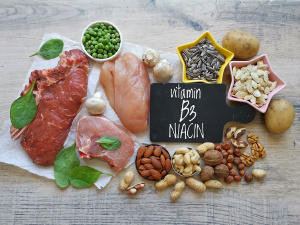



 The need for the trace element
The need for the trace element 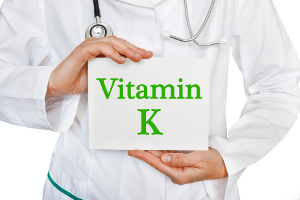 It has been known for long that
It has been known for long that  Oily fish and fish oil supplements contain EPA and DHA, two types of omega-3 fatty acids that are important for our brain, nervous system, and mental health throughout life. According to a new Irish study, young adults with higher blood levels of
Oily fish and fish oil supplements contain EPA and DHA, two types of omega-3 fatty acids that are important for our brain, nervous system, and mental health throughout life. According to a new Irish study, young adults with higher blood levels of 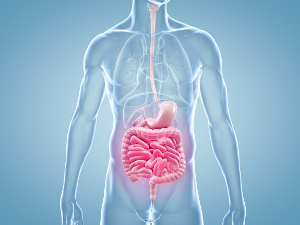 For decades, glucosamine has been used to prevent and treat osteoarthritis. According to a new study that is published in Nutrients, glucosamine supplements may also improve your digestion by counteracting abdominal bloating, constipation, and lumpy stools. It even looks as if glucosamine has other health benefits.
For decades, glucosamine has been used to prevent and treat osteoarthritis. According to a new study that is published in Nutrients, glucosamine supplements may also improve your digestion by counteracting abdominal bloating, constipation, and lumpy stools. It even looks as if glucosamine has other health benefits.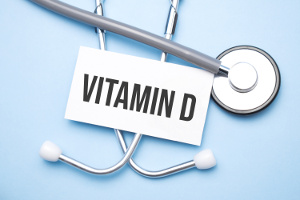 Vitamin D-deficient experimental animals are more likely to become dependent on opioids such as morphine, but their addiction decreases once their blood levels of
Vitamin D-deficient experimental animals are more likely to become dependent on opioids such as morphine, but their addiction decreases once their blood levels of 
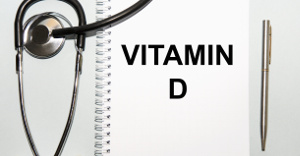

 Sun awareness campaigns have scared people away from sun exposure because of the risk of skin cancer. Still, it is essential to get enough
Sun awareness campaigns have scared people away from sun exposure because of the risk of skin cancer. Still, it is essential to get enough 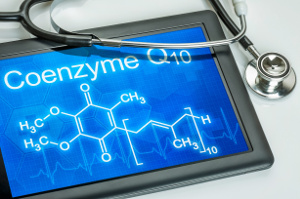 Diabetes damages the circulatory system in a number of ways that are linked to impaired quality of life and early death. A meta-analysis shows that if type 2 diabetics take supplements of
Diabetes damages the circulatory system in a number of ways that are linked to impaired quality of life and early death. A meta-analysis shows that if type 2 diabetics take supplements of  "After about one week of taking the Q10 supplement I could feel a huge difference," says 23-year old Alan Piccini, who has been suffering from extreme fatigue and muscle aches ever since he was a child.
"After about one week of taking the Q10 supplement I could feel a huge difference," says 23-year old Alan Piccini, who has been suffering from extreme fatigue and muscle aches ever since he was a child. “Taking capsules with co-enzyme Q10 has freed me of the severe side effects of my cholesterol lowering medicine,” Mrs Franken explains.
“Taking capsules with co-enzyme Q10 has freed me of the severe side effects of my cholesterol lowering medicine,” Mrs Franken explains.